Menu
Columns
Showing 3546 Columns
Showing 3546 Columns
March 9th, 2012
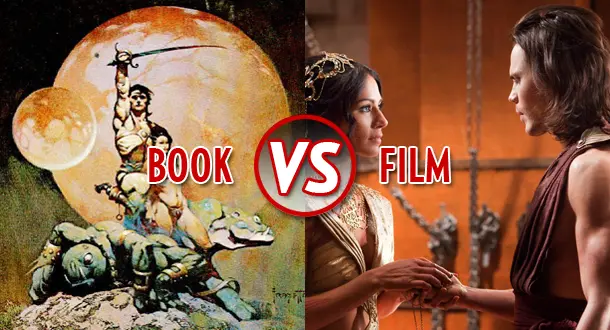
Edgar Rice Burroughs’ Barsoom series is rightly recognized as a seminal achievement in modern science fiction. The Tarzan author wrote eleven books in over thirty years set on his war-torn, techno-magic version of Mars, blazing a trail for all who followed. The books feature many of the familiar trappings of the space opera: multi-limbed aliens, feisty princesses, mystical priesthoods, badass weapons, and loveable monsters.
Read Column →March 8th, 2012
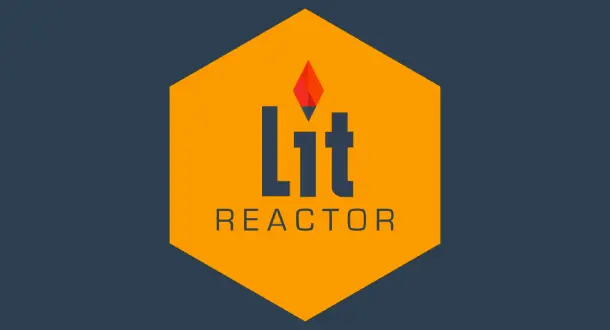
I love metaphors, and I find them useful in all facets of my life as a way to understand new concepts by comparing them to familiar concepts. Take my work history, for instance. In my early post-college days, I worked as a nanny for a family with three young boys. My days were spent running around making sure everyone was where they were supposed to be, had what they needed, and was doing what they were supposed to be doing. My next job had me working as an administrative assistant at a shipyard, supporting an office of 40 men.
Read Column →March 8th, 2012
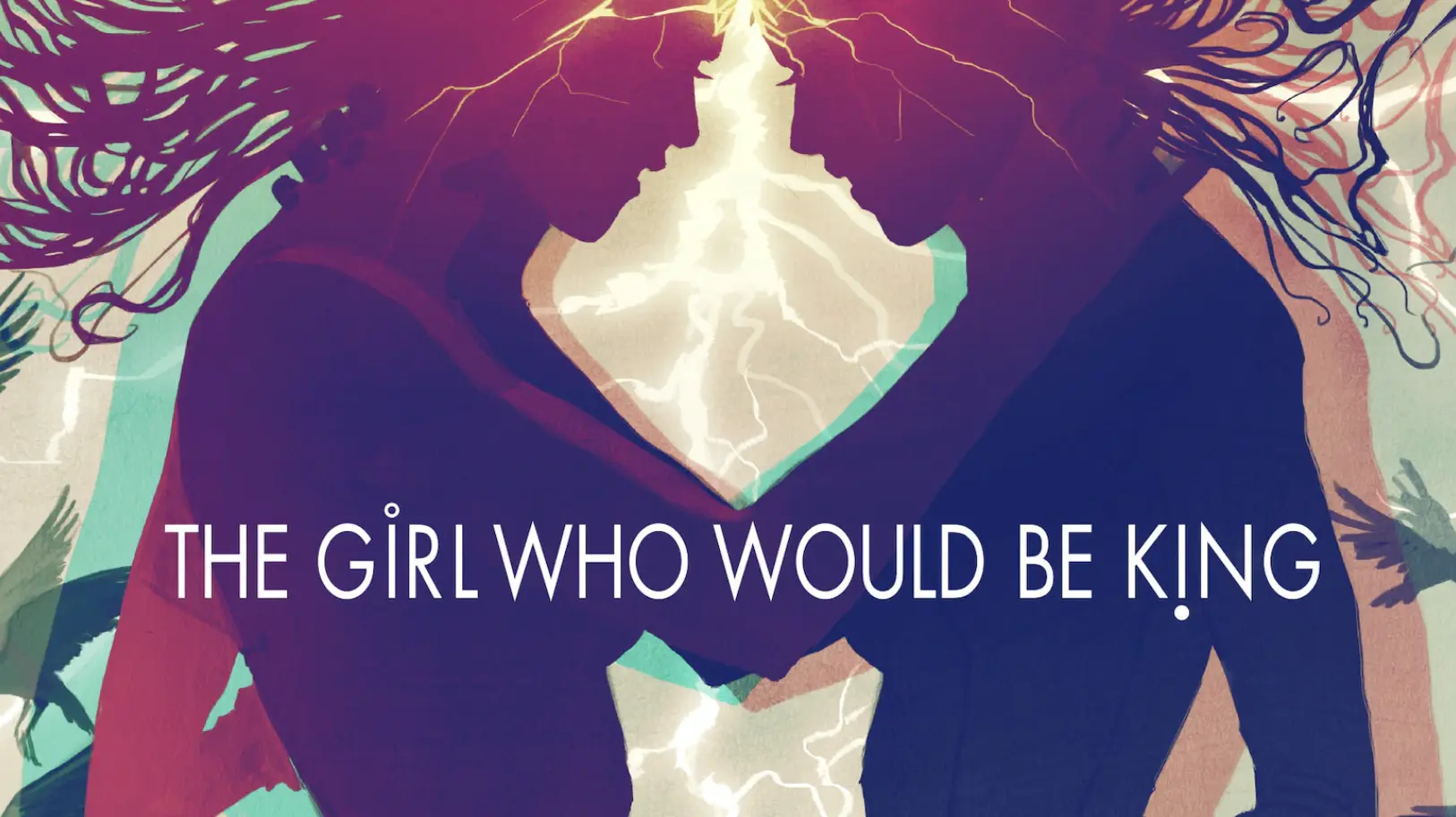
The Long & Winding Road is a multi-part essay about how I wrote my first novel, found and secured my agent, my experience revising both with and without an agent, what happened when we tried to sell my first novel, and where I now stand on this ever changing road toward publication. IN THE BEGINNING In late 2004 I started writing my first novel. It happened a bit by accident. The idea was to write a screenplay, because I was living in Los Angeles, and that's what people do in Los Angeles.
Read Column →March 7th, 2012
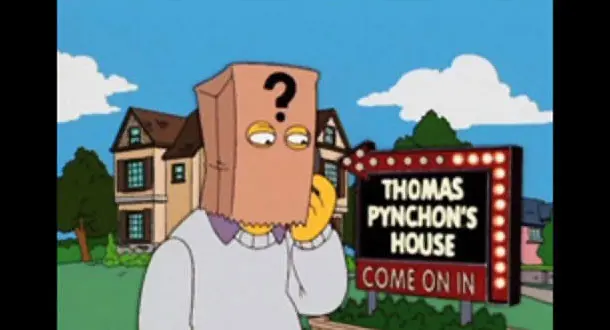
We are now in a state of affairs when an author, particularly a new kid on the block, is expected to build a platform, a fanbase, often before even a single line of their work sees print. Twitter followers and page hits are a vital step in appealing to publishers, important signs for whether an author's work will actually be bought. It's already becoming difficult to conceive of a life with complete and utter privacy, particularly in the case of a writer, so dependent on exposure the process has become. It was not always so.
Read Column →March 6th, 2012

The only thing Hollywood loves more than making movies is turning other things into movies. We live in an age where film is fast replacing literature as the record of culture. Film reviews take up more and more printed space while book reviews dwindle. We live in an age where it’s generally accepted that if something's worth knowing, there should be a movie about it.
Read Column →March 5th, 2012
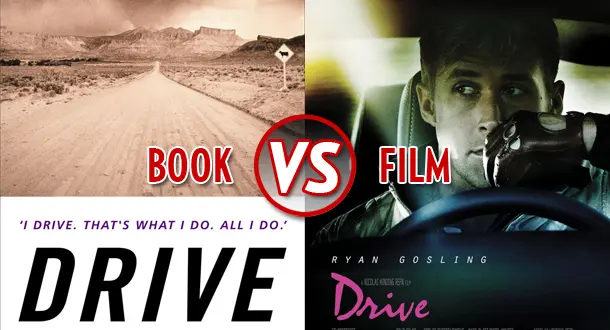
I’m not the type of reader who obsesses over whether the film adaptation of a novel is true to the original text or not.
Read Column →March 5th, 2012
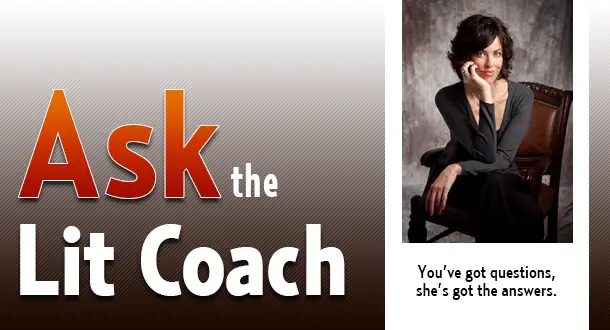
When I was a literary agent, I would often read queries from writers fresh out of undergrad or MFA programs. I was always happy to consider their thesis projects and frankly, it didn't matter to me where they went to school - I just cared about the work itself and whether or not the writer had any previous publishing success. Not all agents are the same, though. This week, we're discussing how to pitch thesis work.
Read Column →March 2nd, 2012
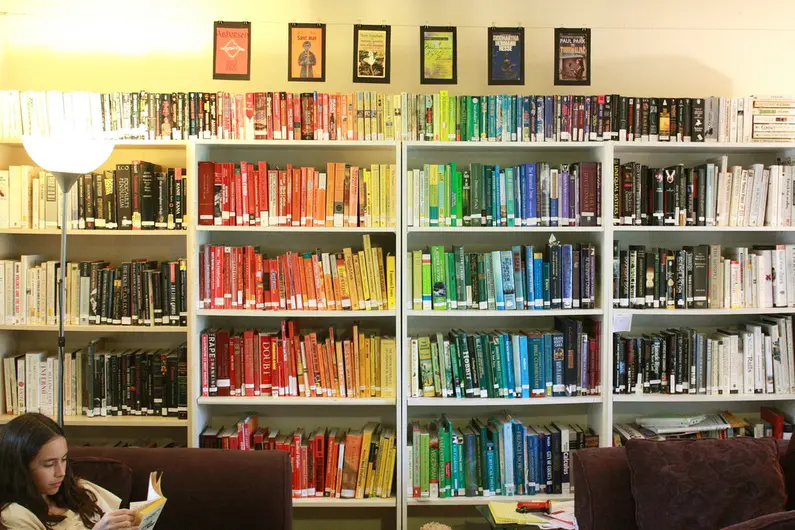
The 2011 short list for the Man Booker prize – the UK’s main literary award – ruffled a few feathers. Mainly this was because the chair of the judging panel, Dame Stella Rimington, had the nerve to suggest that readability was one of the main factors in deciding who made it onto the list and who didn’t.
Read Column →March 2nd, 2012

Even as a young adult, I never read much Young Adult fiction. But a few years ago my friends started Forever Young Adult, a hilarious site aimed at grown-ups who love YA. Being friends with YA experts means that I always have someone to weed through the dross and recommend (and loan me) the best the genre has to offer. I’m here today to pass on their expertise to you.
Read Column →March 1st, 2012
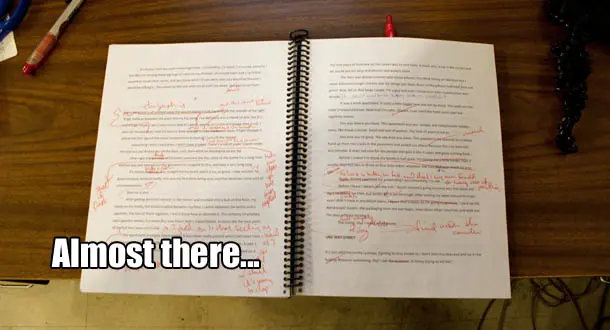
Recap: This is a monthly column about trying to publish my crime/noir/literary novel, formerly known as 'Apophenia'. Part 1 talked about the book and its history, as well as my decision to seek an agent. Part 2 talked about beta-readers and the various methods for finding an agent.
Read Column →Submitting your manuscript?
Professional editors help your manuscript stand out for the right reasons.
